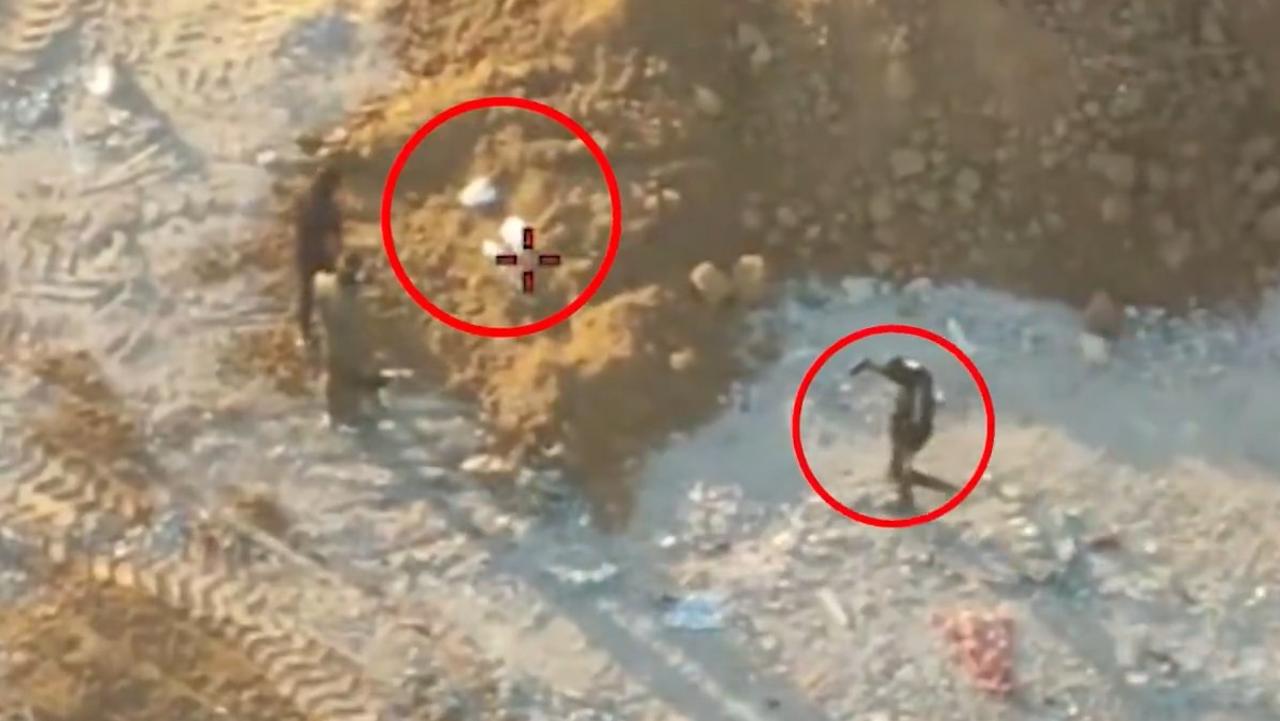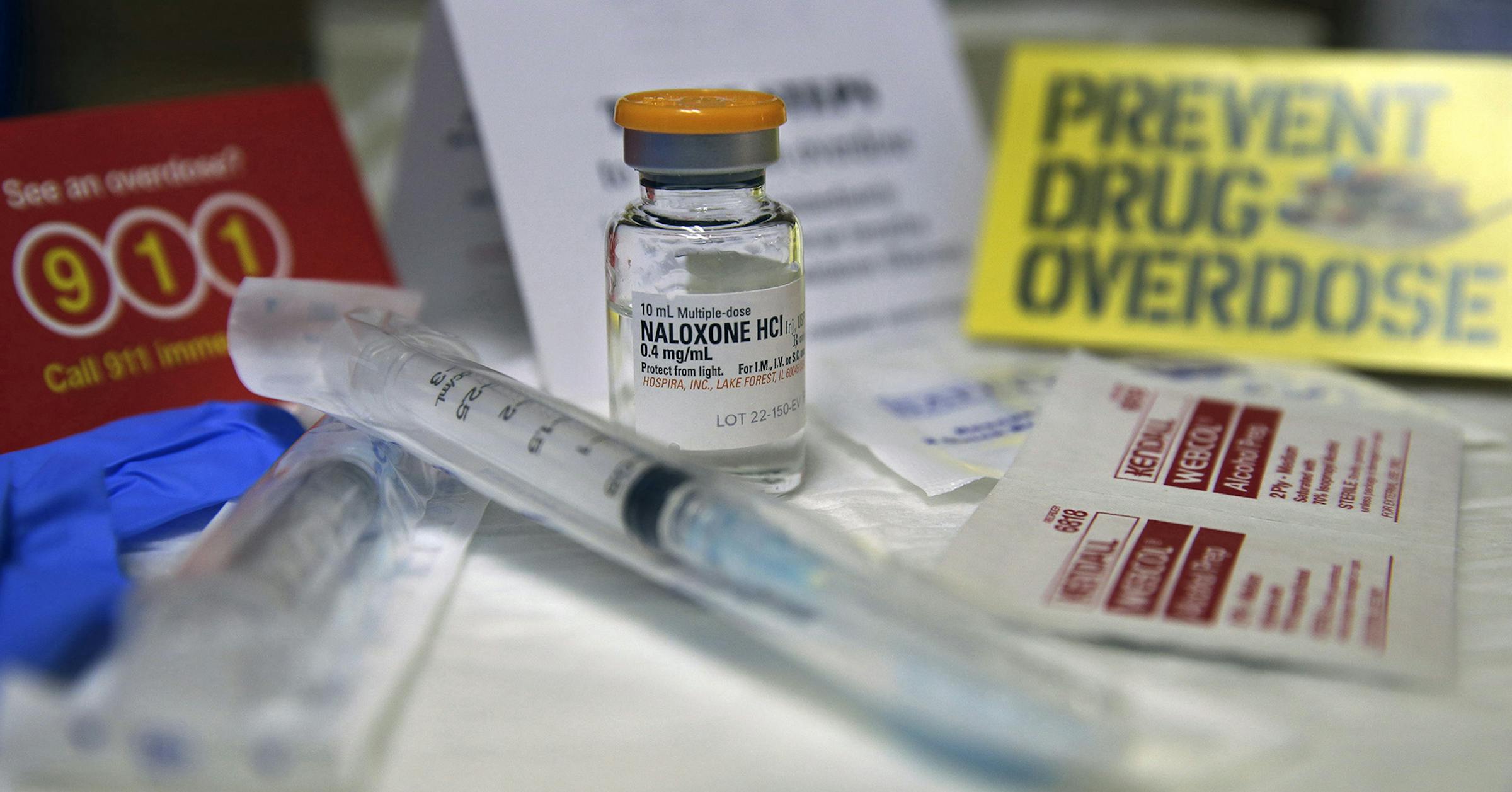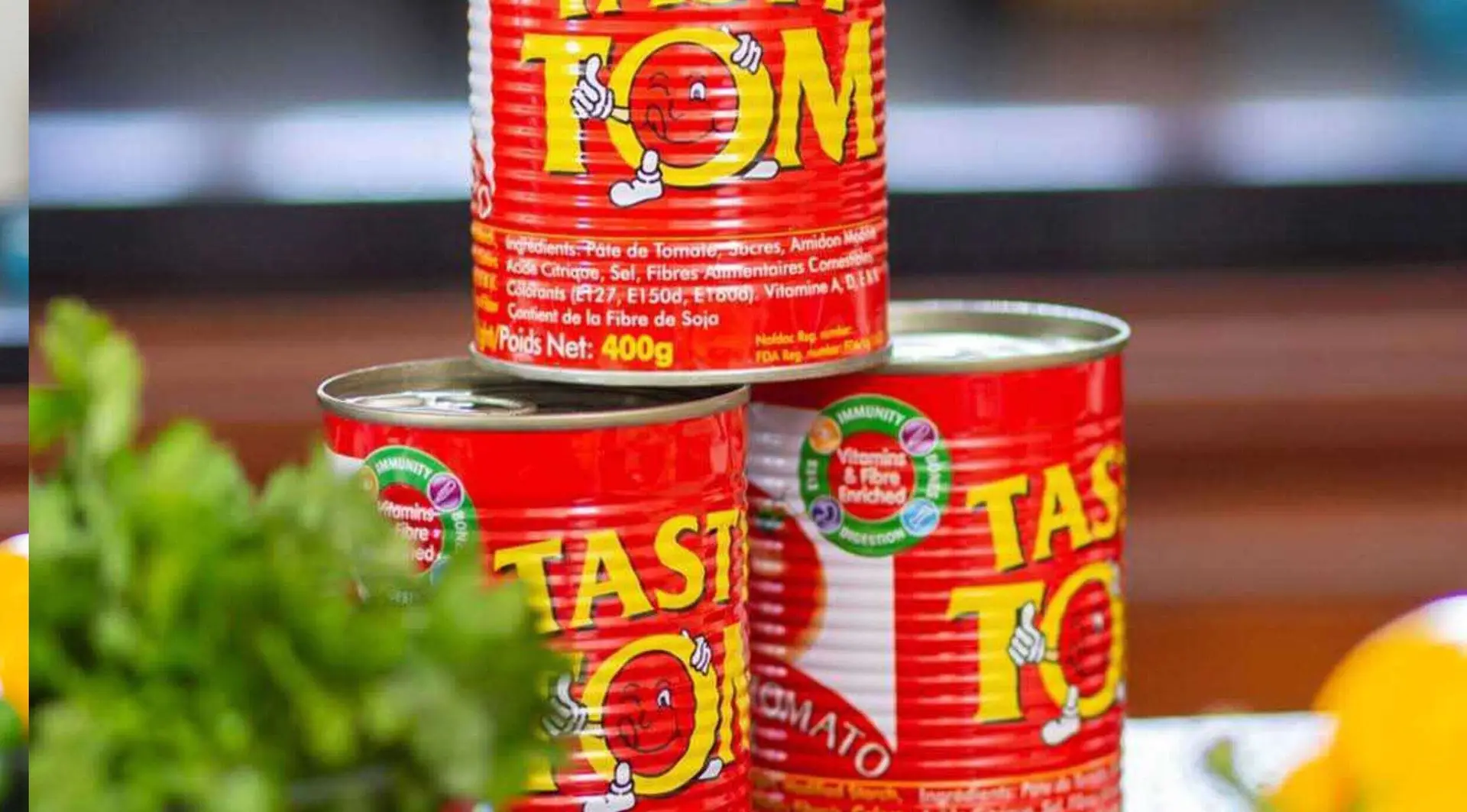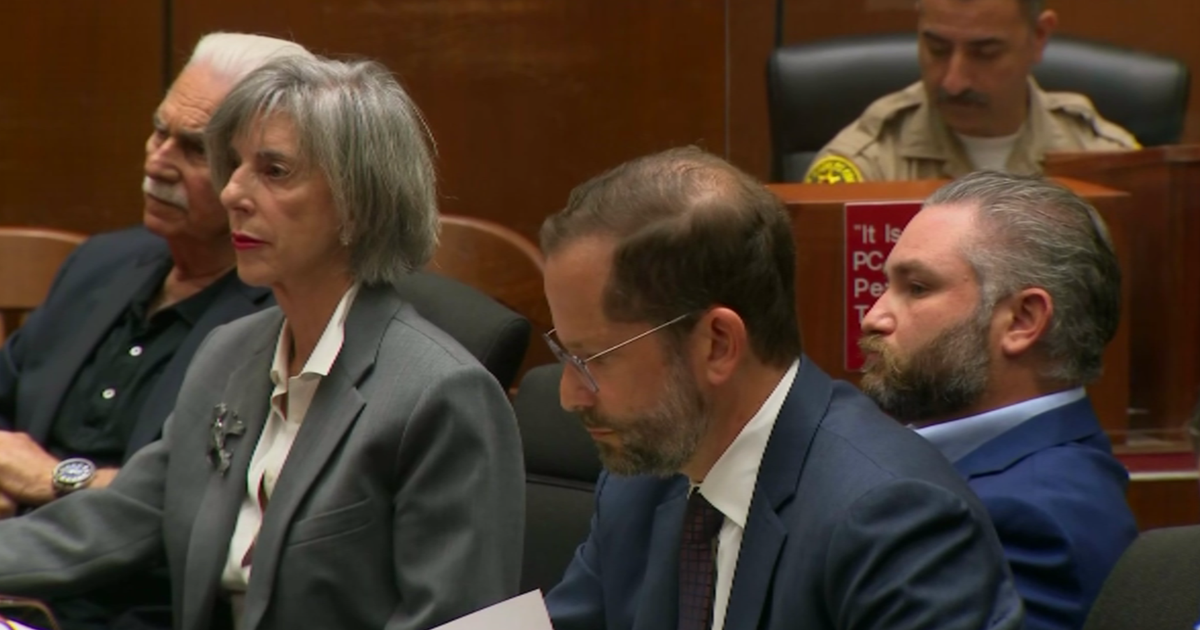Copyright publiceyenews

BILLY NTAOTE This story was supported by the The World Health Organization lists Lesotho among the world’s highest TB-burdened countries, with an incidence rate of 664 cases per 100 000 people, roughly 15 000 new infections each year. Despite being curable, TB continues to claim lives due to late detection, malnutrition, and fragile health infrastructure. When Parliament’s Chair of Chairs and Social Cluster portfolio committee chair, Legislator Mokhothu Makhalanyane, recounts one family’s tragedy, it captures the human cost of a crisis spanning generations. “We’ve heard a tragic story of a father who came back from the mines and infected the whole family with TB. He then died from the MDR-TB (multi drug resistant Tuberculosis). Then the wife died of MDR-TB. Only one child survived and that child had also suffered MDR-TB before recovering. That family was wiped away by a disease that is treatable,” Makhalanyane told MNN Centre for Investigative Journalism (MNN) in an interview. For Makhalanyane, the story is emblematic of what he calls “the tail and body of the snake” Lesotho and its neighbours have the tail, while the head lies in South Africa’s mines. He adds that the years of cheap labour that enriched mining companies left a legacy of disease, poverty, and broken families across the region. “If the occupational health precautions had been taken seriously in the mines,” he says, “many of our people could have been saved. The mines must take responsibility, they benefited from cheap labour from Lesotho, eSwatini, Botswana, and beyond,” argues Makhalanyane. This intergenerational contagion now extends far beyond former mineworkers. Children, spouses, and even grandchildren of ex-miners are being diagnosed with tuberculosis, as Lesotho’s already strained healthcare system struggles to keep pace. What began in the tunnels of the Witwatersrand has become a national epidemic threatening the next generation. Lesotho’s fight against tuberculosis has entered a dangerous new phase. What once seemed confined to mine shafts and the men who worked them now reaches into villages, classrooms, and family homes. Health officials describe an overstretched system running on empty. District hospitals face chronic drug shortages, laboratories lack testing reagents, and overworked health professionals juggle multiple tasks. Health minister, Selibe Mochoboroane, told MNN that the country’s health facilities are overstretched, while they have had a huge job losses and loss of aid. Dr Llang Maama, Head of the National TB Department, says the epidemic has changed shape. “The people who were infected in the mines are now at home. They live with their children and grandchildren, and some in small houses. The disease is being passed on in silence,” she explained. Dr Maama adds that despite the challenges, the ministry is working round the clock to ensure that it finds every TB case and patients are placed on treatment as the disease can be cured. The ground reality in Leribe At the frontlines in Leribe, district TB Coordinator, ‘Mantahli Molapo, describes the daily struggle to contain infection. “TB affects everybody because it’s airborne. When one person in the family has TB, others are at risk. That’s why we screen entire households where an ex-miner lives,” Molapo says. Before mobile screening units arrived, Leribe detected barely 30 cases a month. Now, with community outreach, numbers exceed 130. “That tells us TB is here in our communities. Almost every family has someone who has had TB before, often an ex-miner,” she says. But progress is fragile. “When development partners pull support, our tracking programs suffer. We lose staff, we lose follow-up capacity. TB spreads when you stop following patients,” she warns. Minister Mochoboroane underscores this challenge, pointing to Lesotho’s dependency on donor-funded staff. “When our partners withdraw, trained professionals lose jobs, and it weakens our health delivery. It’s a reminder that we must build a system that can stand on its own. Reliance on handouts is not sustainable,” says Mochoboroane. A disease passed down: Families bearing the burden The story of Patlo Phamotse, a former miner from Maputsoe whom MNN spoke to on the sidelines of the Tshiamiso Trust outreach in July 2025, captures how the epidemic moves from the mines to the household. “I worked in Welkom until 1992. When I left, my lungs were already damaged. I was told I no longer qualify to work in the mines,” he says. Phamotse was compensated by the South African government’s medical bureau of occupational diseases in 2012 after medical proof of lung damage, but his ordeal continued. “In 2017 I was diagnosed with TB. It came back again in 2023. I finished treatment, but my health keeps worsening. Now I can’t even do garden work at home,” Phamotse says. He describes confusion and lost medical records while seeking compensation from Tshiamiso Trust. “They told me my X-ray was missing. I had to start again from zero. Each time I go, they say my file is still at the same stage,” he says. In Leribe, another ex-miner, Rabi Tšehlahali, shares similar frustration. “I worked under Anglo American. I was diagnosed with TB and silicosis. But Tshiamiso uses old medical results from 2021. They refuse to retest us unless we pay M1 400. How can we pay when the mines caused this?” Tšehlahali says. Tšehlahali’s worsening health reflects a broader pattern, outdated medical data, poor follow-up, and administrative opacity in how the Tshiamiso Trust operates in trying to compensate ex-miners. “Most of us can feel our health declining. But decisions are made using old files. We are dying on paper while waiting for new tests,” he adds. For widows like ‘Malehloka Mabaleha who also witnesses the burden of ex-miners coming home suffering from silicosis and TB, the loss of her husband is both financial and emotional. “My husband worked at Vaal Reefs Number 8 for more than 20 years, He was diagnosed with TB three times and died in 2015 without compensation. We struggled a lot nursing him. Now promised compensation for his suffering, but every visit to Tshiamiso ends with being told to come back again,” says Mabaleha. Mabaleha added that caring for a TB patient was not an easy journey for her family. “Being the caregiver, you also run the risk of contracting TB. Despite these hardships, he did not receive any meaningful compensation. Since my husband death, one I’ve depended on my eldest child who worked and earned a salary and helped raise the youngest child. But It would have been much easier if we had received the compensation for their father’s TB. She believes bureaucracy and delay in Tshiamiso Trust’s compensation hide deeper problems. “At first, they said our claim was at the seventh stage. When I returned, it was back to the sixth. Even a child would suspect corruption,” Mabaleha says. The next generation at risk Health experts warn that families like the Phamose and Mabaleha are only one part of a larger crisis. Every untreated case at home increases the risk for children. “When a miner settles back with his family, whatever bacteria he carries spreads through the air. We now find TB in children and adolescents who never worked in the mines,” says Molapo. Yet Lesotho’s health-care system remains unprepared. Rural clinics lack diagnostic capacity, and nutrition support for TB patients is minimal. Minister Mochoboroane links the issue to deep poverty. “Studies have revealed that TB patients must get proper meals to recover. We have lost people to TB because they took medication on empty stomachs,” Mochoboroane says.Mochoboroane says his ministry is not sitting idle, working tirelessly to address the challenges. “We’ve partnered with Global Fund to ensure patients in hospitals like Maseru, Motebang, and Mafeteng get meals. Those who cannot afford food are given support, and under those conditions, recovery is possible,” Mochoboroane explained. He adds that nutrition is central to TB control. “Our King, His Majesty King Letsie III is the champion of nutrition. We work with the Ministry of Agriculture and DMA [Disaster management Authority] to prioritize food security for TB patients. The sustainable solution is to produce our own food, not depend on donations,” says Mochoboroane. As TB spreads within families, the burden on rural women intensifies. They often care for sick relatives without proper protection or support, exposing themselves and children to infection. “If we can’t feed the patient, we can’t heal them. Hunger drives non-adherence,” says Dr. Maama. MP Makhalanyane says this is a governance issue, not just a medical one. “We cannot rely on community volunteers alone. Government must strengthen family medicine and rural clinics. TB is now a disease of poverty and inequality,” explained Makhalanyane. Minister Mochoboroane agrees, calling for joined-up government action. “The fight against TB involves more than the Ministry of Health. Labour must address migrant workers’ welfare, Mining must ensure accountability, and Health must care for those affected. Only by working together can we end this cycle,” says Minister Mochoboroane. MNN Centre for Investigative Journalism (MNN) produced this story. All views are ours. See https://lescij.org/ for our stories.



